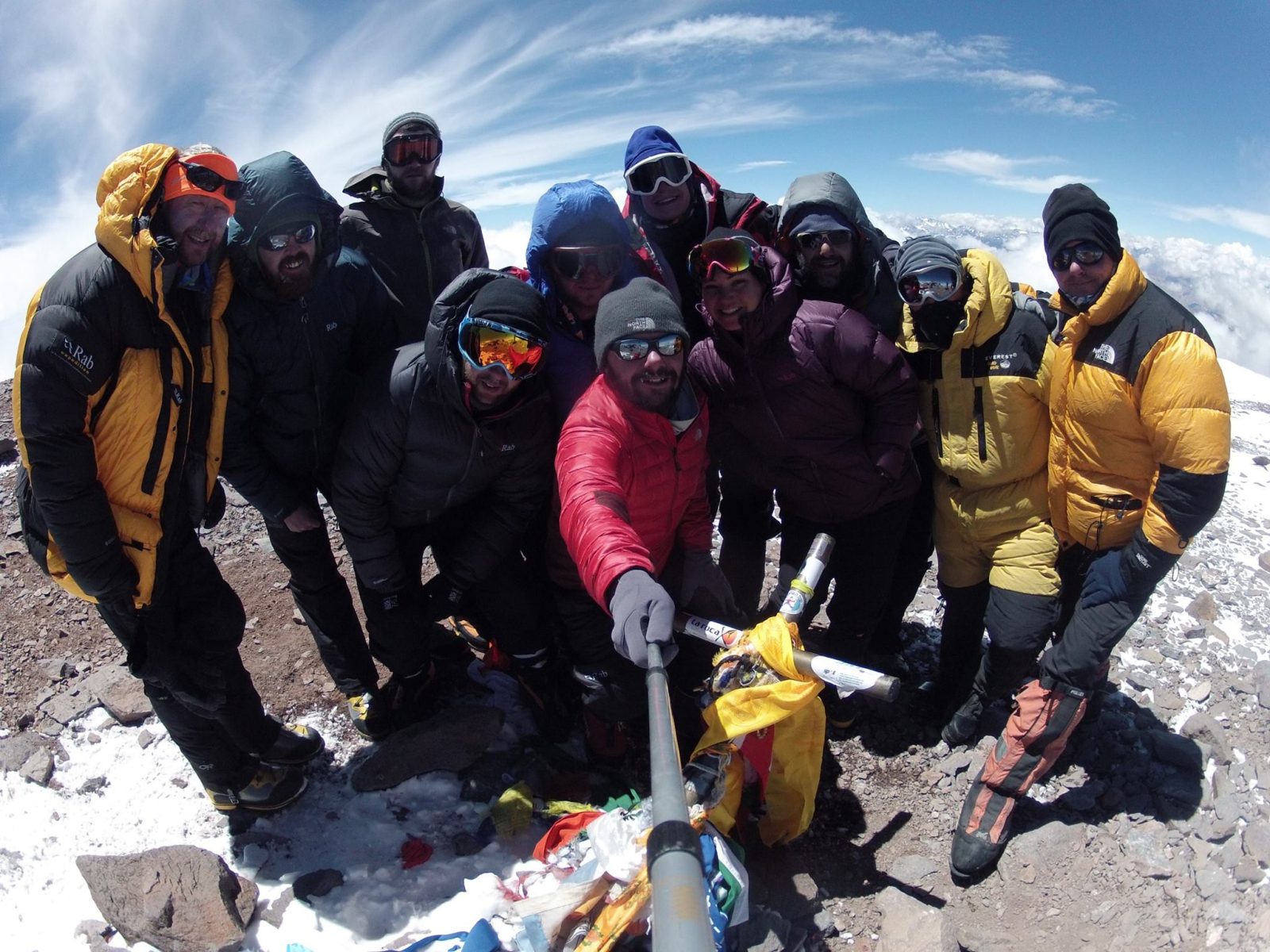Indonesia Laws
LAWS IN INDONESIA
The following advice is intended to provide a brief outline of any laws in Indonesia that are directly applicable to travelling there. This is not intended to be exhaustive or complete and laws do change from time to time so we strongly advise visiting the UK Foreign & Commonwealth Office website and checking for their current advice.
In general the laws of any country will be based on the same values as at home but significant differences can be present subject to the prevailing cultural, religious and political environment in the country. These four basic factors can be your main guide to how to act in unfamiliar situations. If you have any doubt as to what to do in a given situation it is usually possible to identify the “safest” fallback option and go with it. For example, not buying something, not taking a photo of a government building etc.
This information should also be read in conjunction with our relevant pages dealing with Cultural Awareness and visa requirements.
BASIC LAWS IN INDONESIA
Religion
You should respect local traditions, customs, laws and religions at all times and be aware of your actions to ensure that they do not offend other cultures or religious beliefs, especially during the holy month of Ramadan or if you intend to visit religious areas.
You should be aware of offending Islamic sensitivities. Westerners have occasionally been harassed by fundamentalists in bars and nightclubs, particularly around major Islamic holidays such as Ramadan.
Drugs
Do not get involved with illegal drugs. Possession, trafficking, and manufacturing of such drugs are serious offenses in Indonesia. Those caught face lengthy prison sentences or the death penalty, usually after a protracted and expensive legal process. Police often raid locations (particularly in Bali) known to be frequented by foreigners and may require an individual to take a urine or blood test where they have reasonable suspicion that drugs have been taken. Drug use or the possession of even small amounts of drugs such as marijuana or ecstasy can lead to prison sentences longer than four years. Convicted traffickers or users of hard drugs such as cocaine or heroin face the death penalty in Indonesia.
Gambling
Gambling is illegal in Indonesia. There have been cases where tourists have fallen victim to organised gambling gangs, resulting in the loss of large amounts of money.
Identification
You must show evidence of your identity if it is requested by, for example, the Police. You should carry photocopies of the relevant pages of your passport and your arrival card to avoid losing the original, which should be kept in a safe place.
Book Your Adventure of a Lifetime Now
Discover our trips to other Countries
Adventure Alternative Articles

12 MONTHS, 12 MOUNTAINS
Climbing Calendar Ready for World Mountain Day In celebration of World Mountain Day, we've created a calendar for the year to make it easy for...

Mount Aconcagua Trip Review
January 2016 This year we had a team of twelve clients from four different countries – Iran, Ireland, England, South Africa and Argentina –...

Alcey’s Survival Skills Course at Lupa Masa Jungle Camp
SURVIVAL SKILLS COURSE AT LUPA MASA JUNGLE CAMP | ADVENTURE ALTERNATIVE In celebration of International Rural Women’s Day, we’re talking...